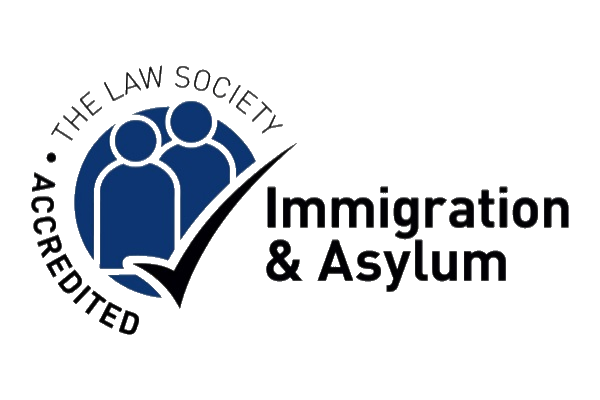Immigration decisions can now only be appealed to an immigration tribunal on three grounds:
- That removal of the appellant would breach the UK’s obligations under the Refugee Convention.
- That removal of the appellant would breach the UK’s obligations in relation to those eligible for a grant of humanitarian protection.
- That removal of the appellant be unlawful under section 6 of the Human Rights Act.
Appeal rights are also available in cases where someone has been deprived of his citizenship and in cases involving European nationals and their families.
Appeals must be lodged within 14 days for those within the UK and within 28 days for those outside of the UK.
If you are in detention, you only have 5 days to lodge your appeal.
Our expert lawyers are experienced advocates and will assist you in your appeal.
“…an extremely helpful, caring and professional solicitor who goes above and beyond to help his clients.”
Muzamil, Bolton
Human rights appeal
We will
- Consider your refusal letter and advise you about the merits of your appeal
- Draft grounds of appeal and lodge the appeal on your behalf
- Advise you about what evidence is needed to support your appeal
- Interview your witnesses and prepare witness statements for them
- Interview you and prepare a witness statement for your appeal
- Consider the Home Office bundle of evidence
- Instruct appropriate country/medical/social experts where relevant and consider their reports
- Prepare a bundle of evidence to support your appeal
- Liaise with the Tribunal and Home Office on your behalf
- Advise you and your witnesses about what to expect at court
- Draft a skeleton argument before the final hearing
- Represent you before the Tribunal at each hearing
- Advise you about the implications of the judge’s decision and whether there are merits for an onward appeal in the event of the judge dismissing your appeal
If your appeal is dismissed, you have the right to appeal the decision to the Upper Tribunal on the basis that the immigration judge made a material error of law. This cannot simply be a disagreement with his findings but you must be able to demonstrate that
(i) the way in which he came to his findings were flawed; and
(ii) the error was one which affected the outcome of the case
Errors of law include failure to apply the correct law, failure to consider material evidence, over-relying on immaterial evidence, and an unreasonable failure to grant an adjournment.
“will sit with you and listen and understand your concern no matter how complex your case may be; he will never ever pressurize you into anything you are not comfortable with .. the feeling iIhad with him is more of a family than a lawyer, he is so humble and his kindness is extraordinary.”
Shahin, Luton
Deportation appeal
You must first apply for permission from the First-tier Tribunal. If it refuses, you can apply directly to the Upper Tribunal for permission to appeal.
Permission to appeal will be granted if the Tribunal believes it is arguable that a material error of law was made.
If permission is refused, your only option is to ask the High Court to judicially review the decision of the Upper Tribunal to refuse to grant you permission to appeal. The threshold for these cases is very high.
On the other hand, if permission to appeal is granted, an error of law hearing will take place before the Upper Tribunal to decide whether or not a material error of law was in fact made.
If the Tribunal finds this to be the case, it will set aside the decision and can thereafter
(a) make a new decision at the hearing
(b) remit the matter to the First-tier Tribunal for a full rehearing
(c) list the matter for a hearing before the Upper Tribunal on a later date
If the Upper Tribunal does not find any error of law, you may be able to appeal the decision to the Court of Appeal in limited circumstances.

